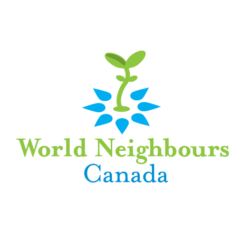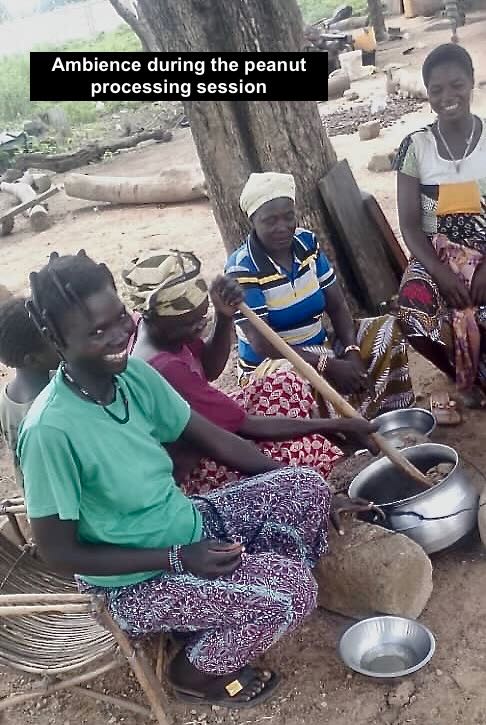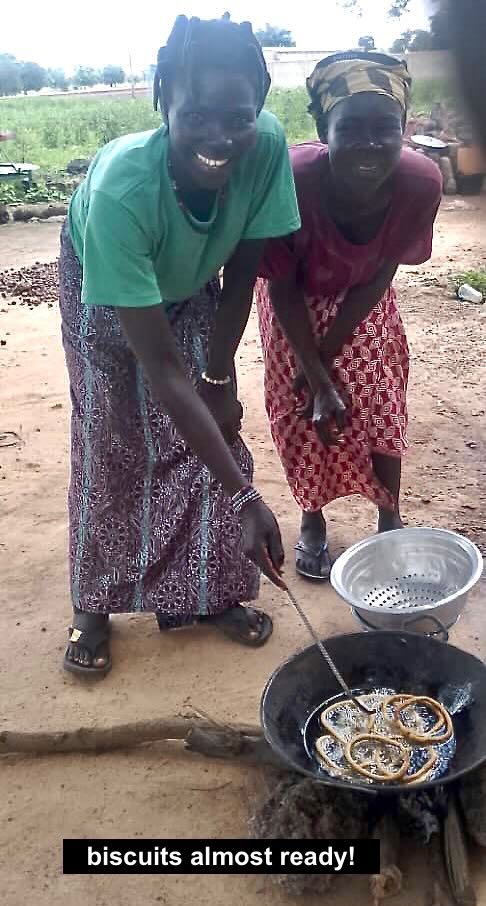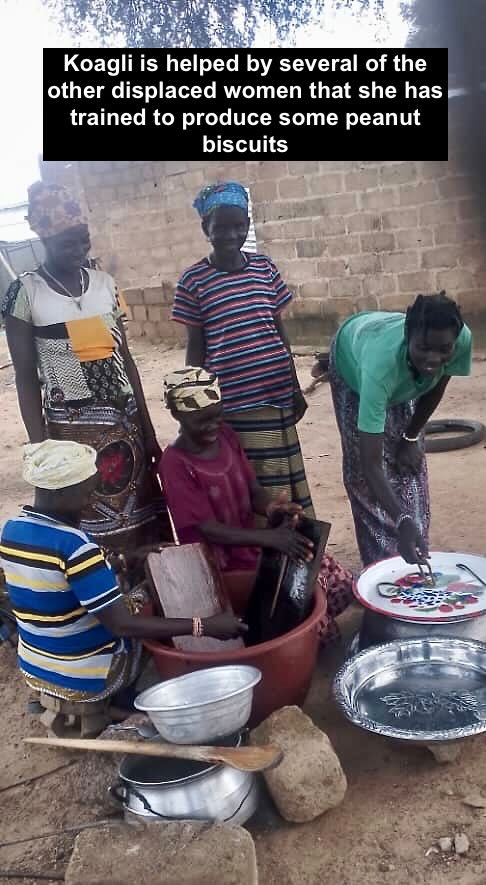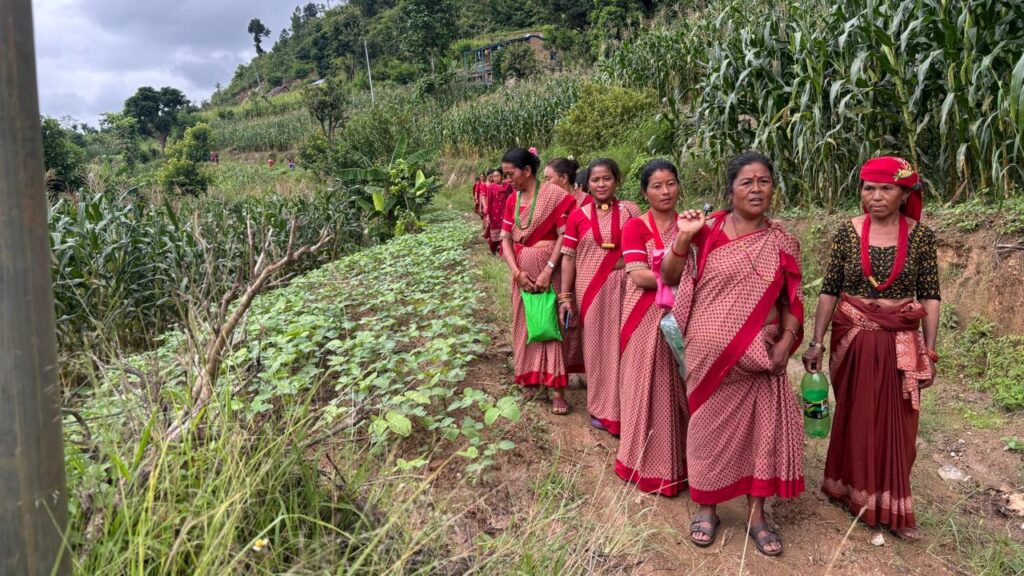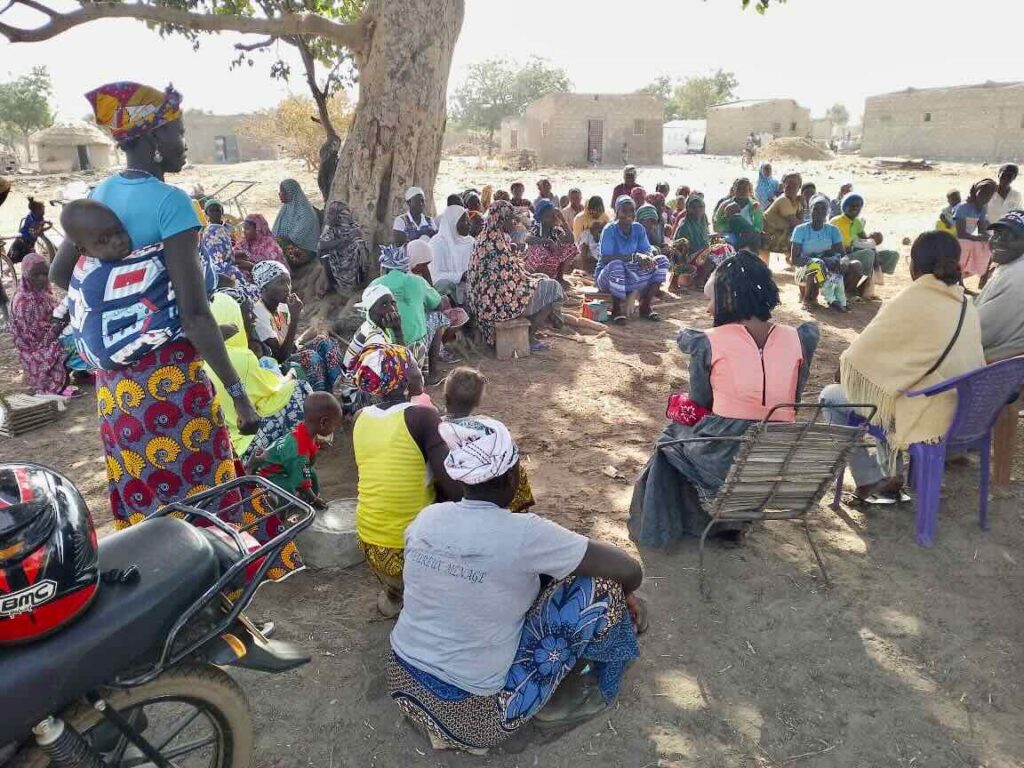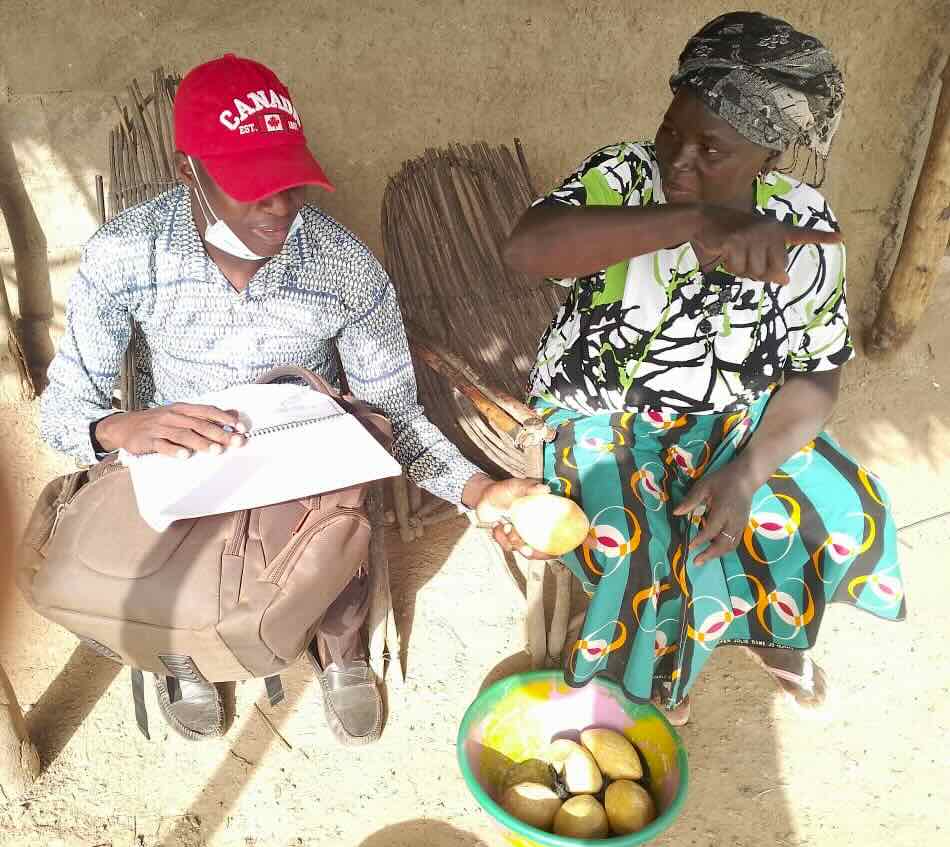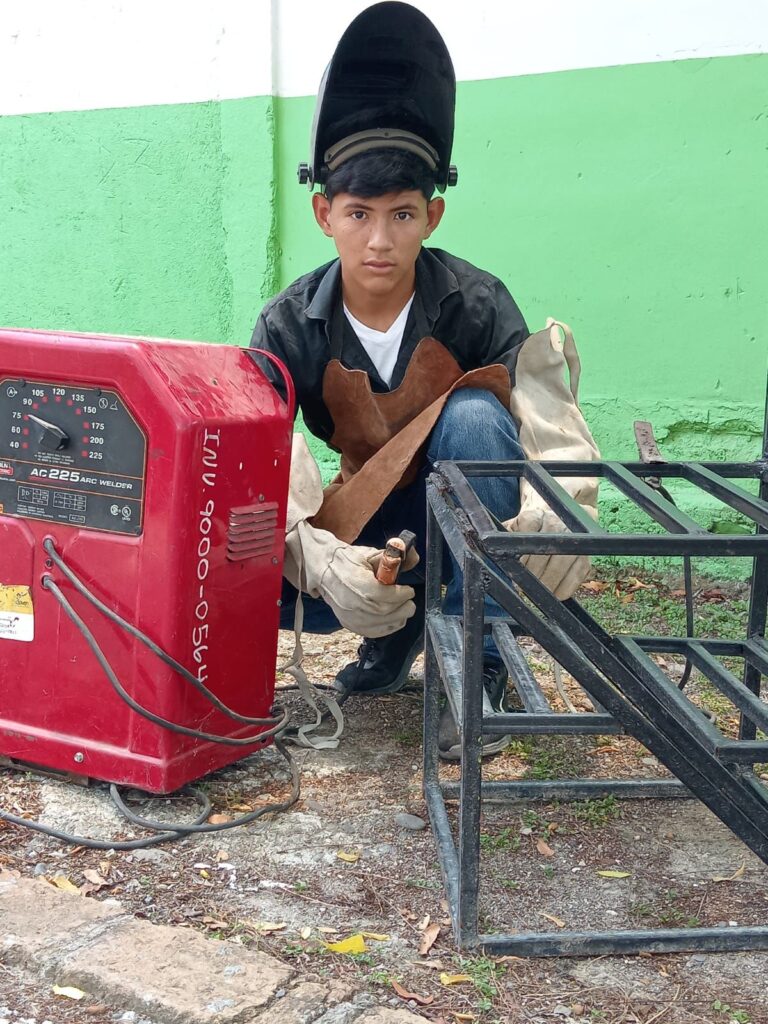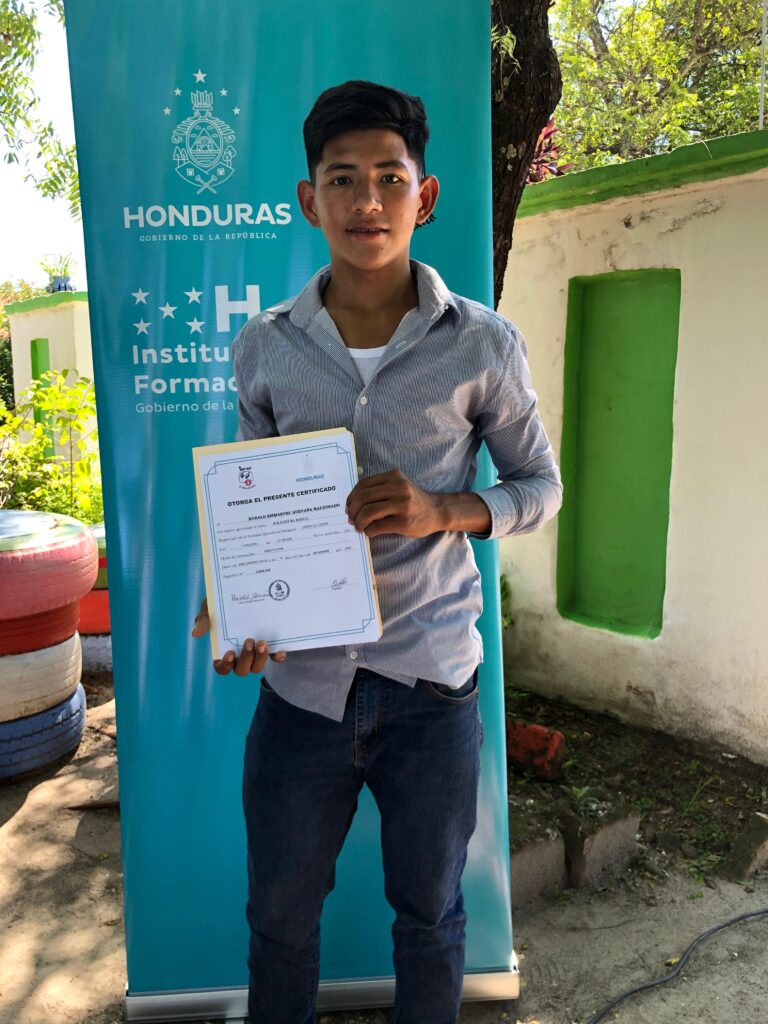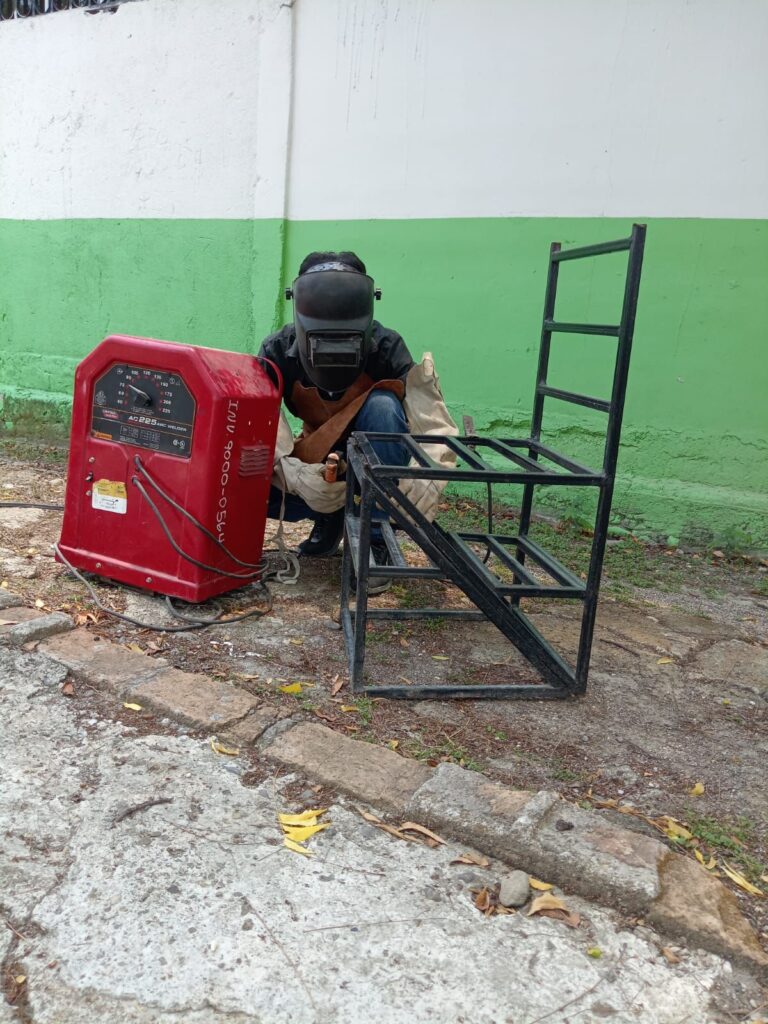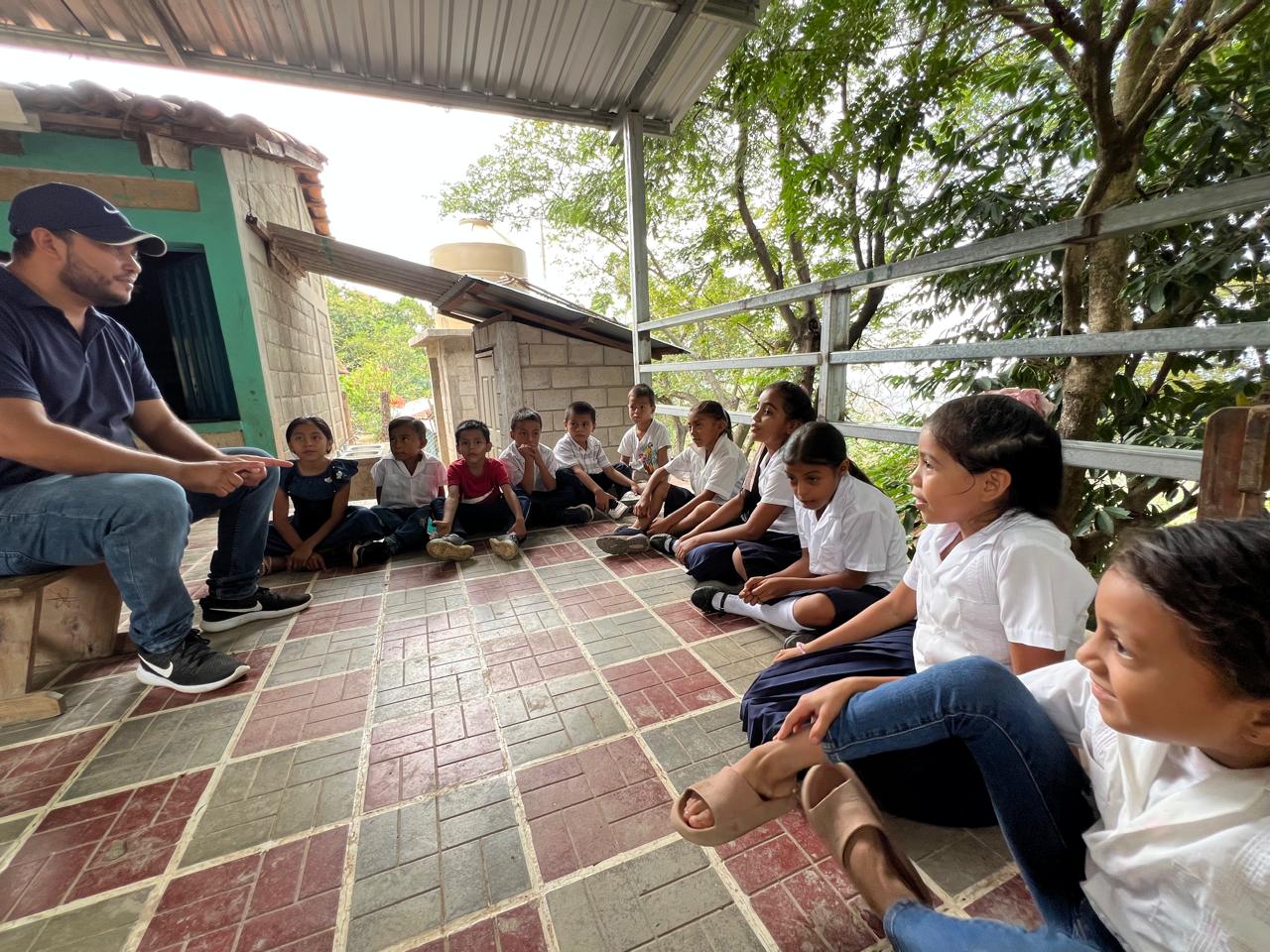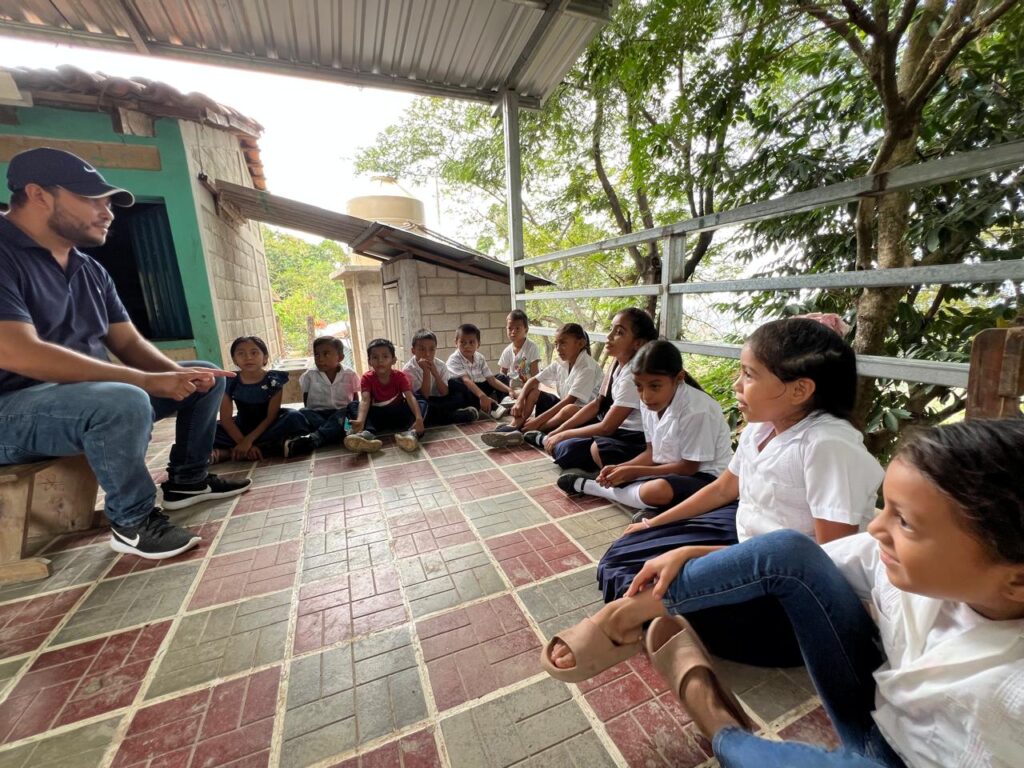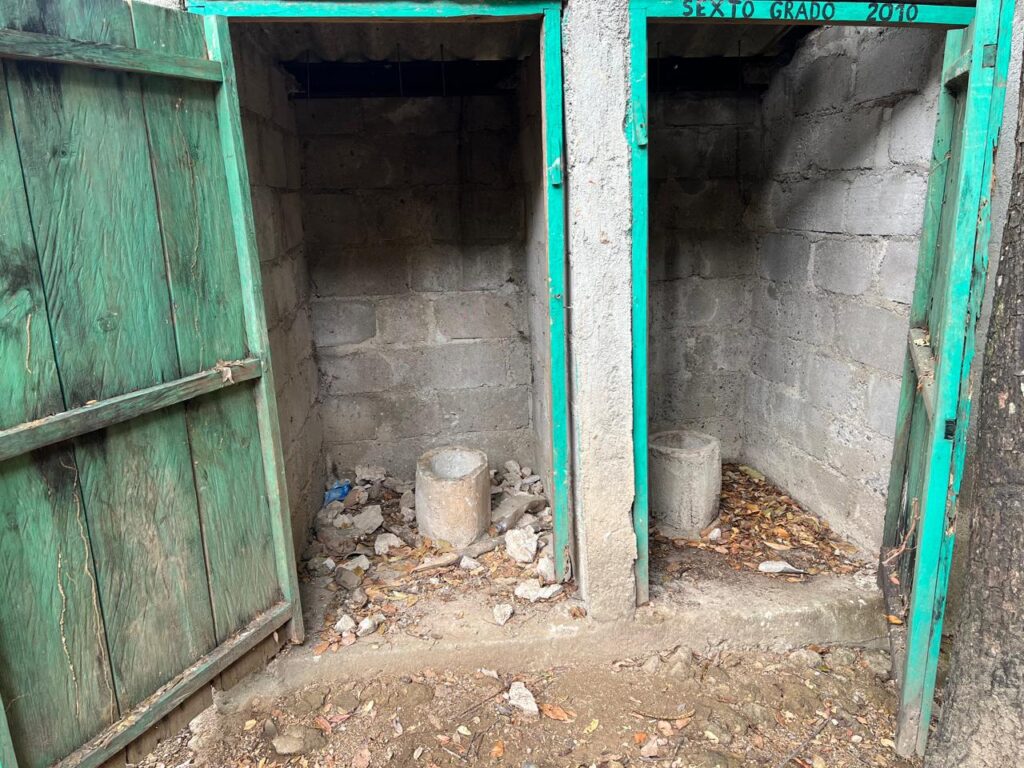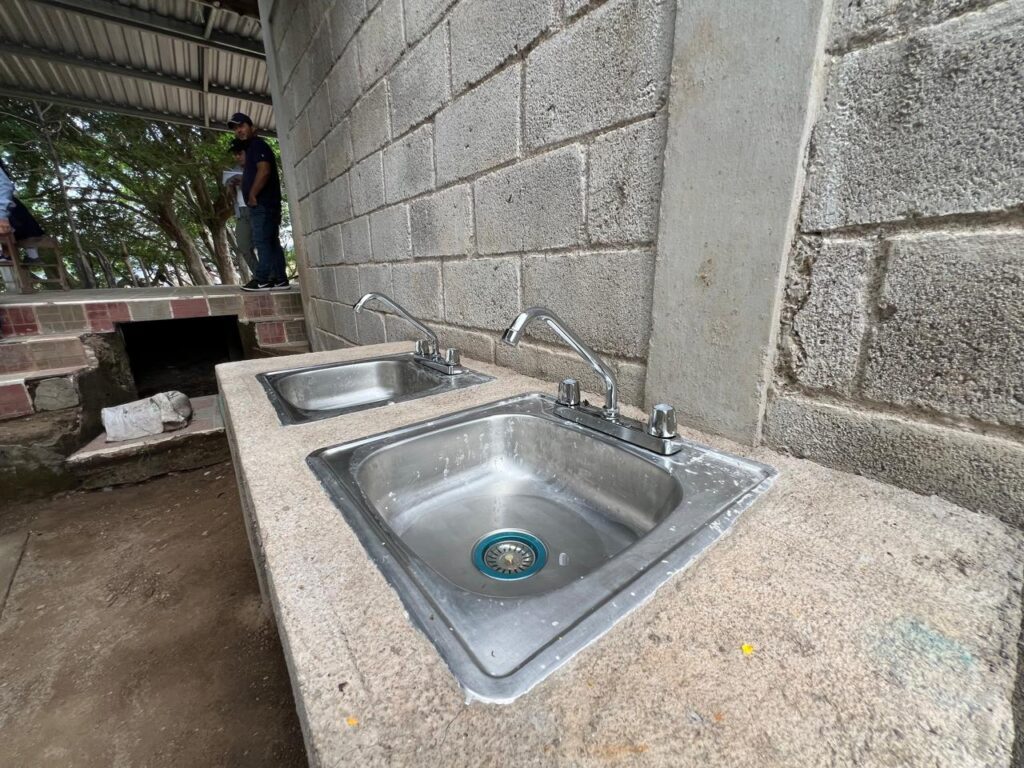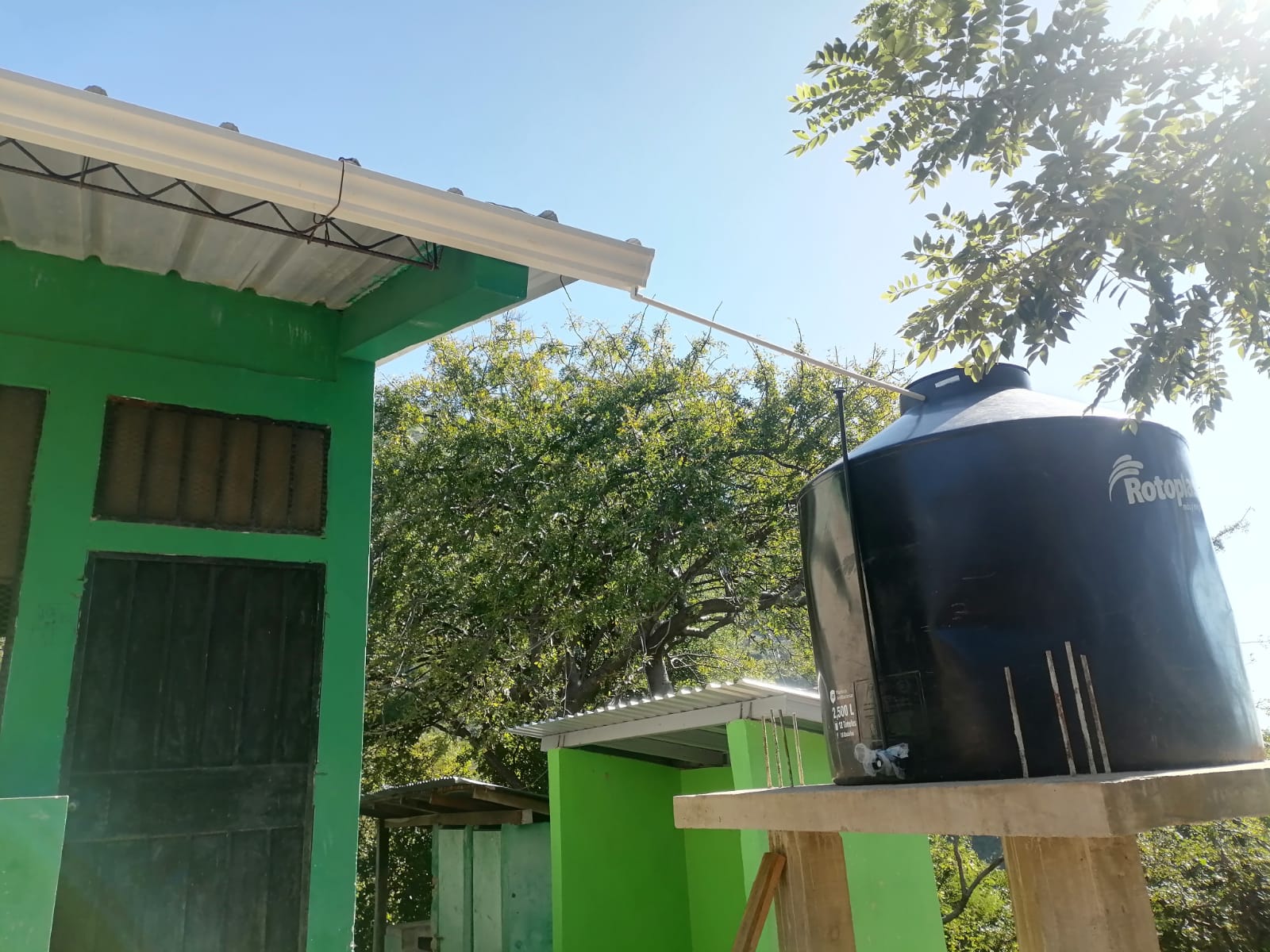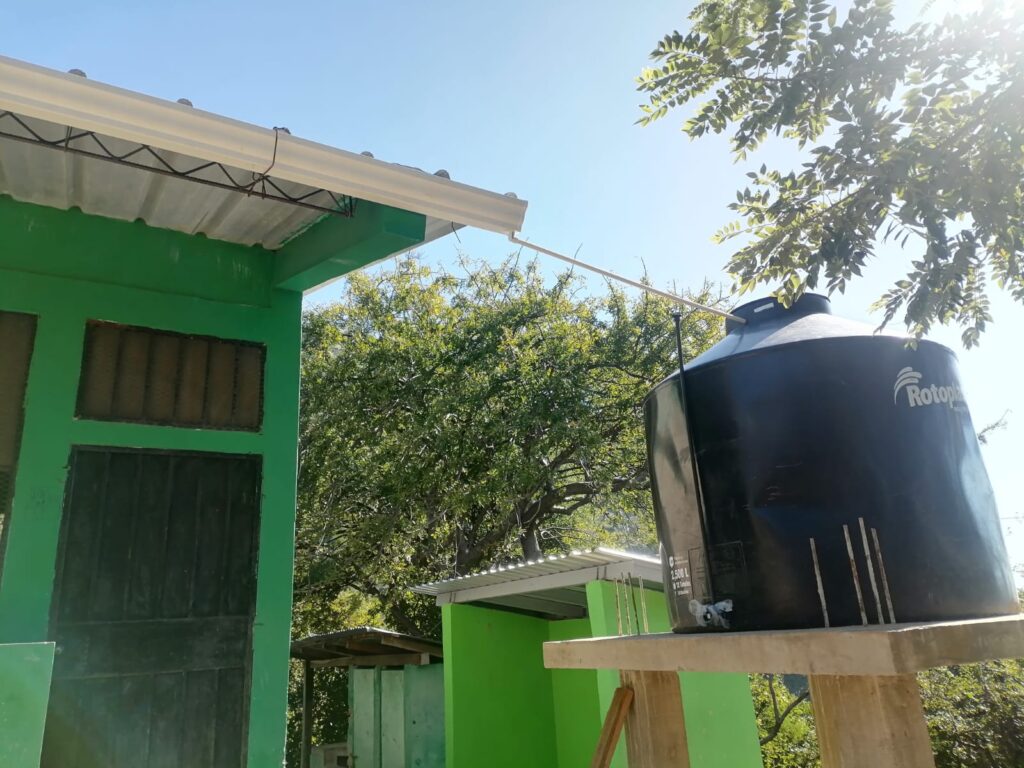Verónica González Gómez lives in the community of Isletas Abajo, located 1km from the village of Concepción de María, in the municipality of Langue, department of Valle, Honduras. She is described as a hardworking woman committed to her family and her community. At 62 years old, she lives with two of her daughters and, while facing the challenges common to many rural families, she continues to be proactive and takes part in community activities.
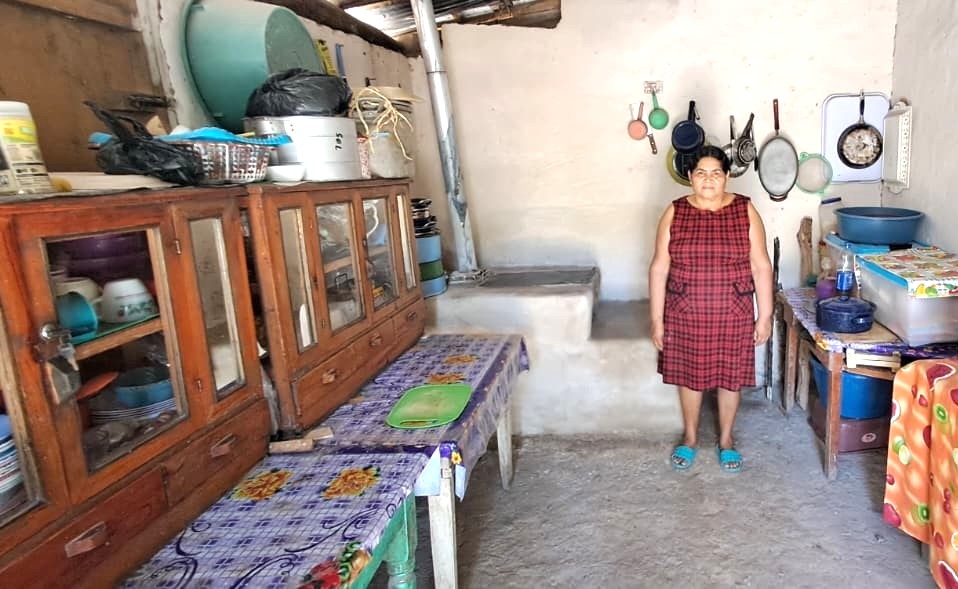
Throughout her life, Verónica has learned that small changes can make a big difference, that´s why she values every training opportunity she can join. Cooking has always been one of her favorite activities; however, for many years she did so in unhealthy conditions. Smoke inside the kitchen and poor hygiene were a constant risk to her and family´s health, causing eye irritation, coughing and food contamination.
This situation began to change in 2024, when, at the invitation of technicians from Vecinos Honduras, Verónica took part in training activities linked Healthy Household Strategy, where she learned about using improved cook stoves. Although she had doubts at first, she decided to make the change and installed a stove in her home. Soon, she began to see clear benefits: less use of firewood, a cleaner and more organized kitchen, fewer respiratory problems, a healthier environment and lower costs for cleaning cooking utensils.
Today, Verónica cooks in a cleaner and safer way. Her daughters no longer complain about smoke and the kitchen is no longer a risky place. Instead, it has become a more comfortable, safe and pleasant space, where daily work is done with greater ease and satisfaction.
She also used this improved space to expand her income generating activities. She makes handmade soap from wild olive seed, homemade bread, achiote, nacatamales and other products for family use, and to earn additional income for her household. In her free time, she also does sewing, an activity that shows her patience, dedication and care for quality work.
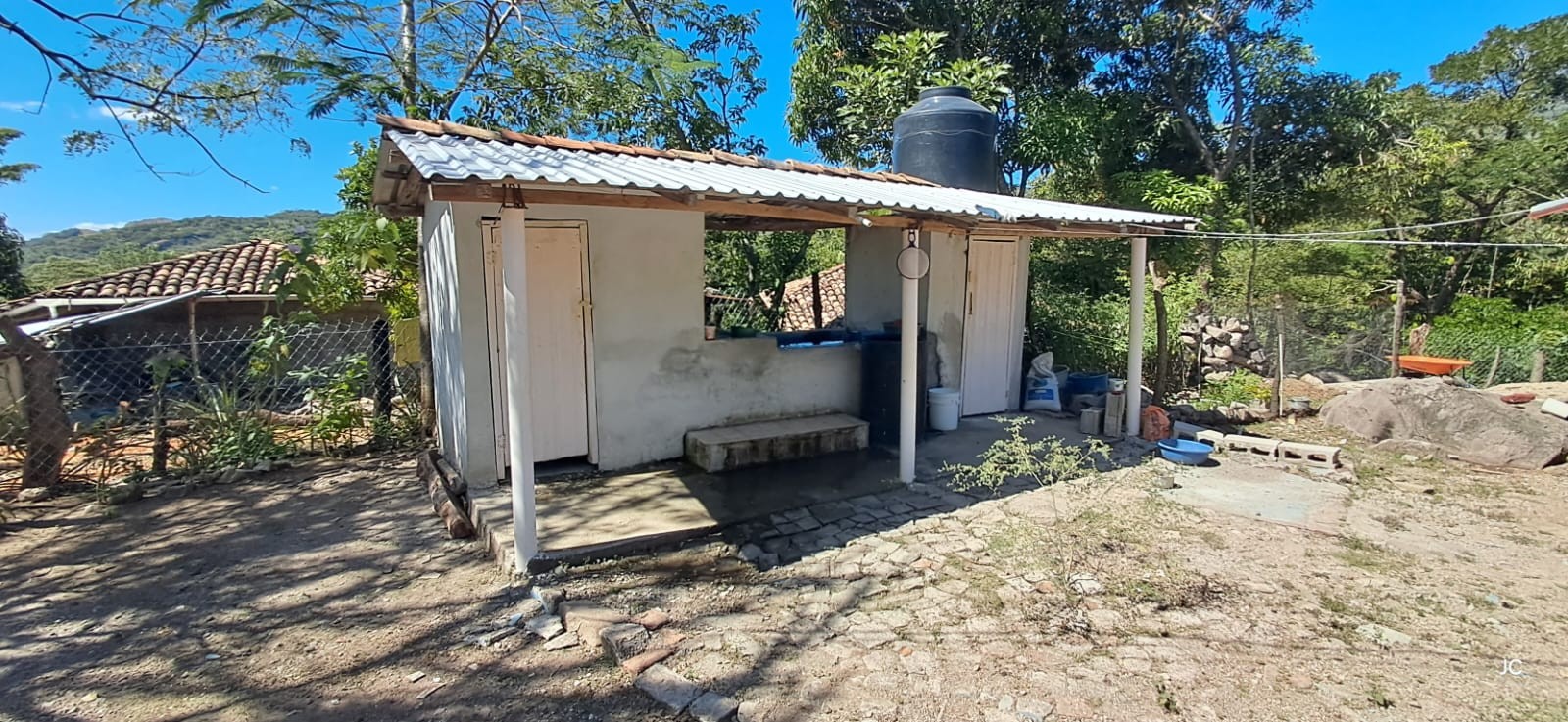
Additional, with her own effort and support of her family, Verónica has also improved the condition of her family’s bathroom with a small interest free loan from Vecinos Honduras. This approach helps community members take ownership of improvements to their family homes. In addition, Verónica also fenced the land around her house through a microcredit from the Financing Fund managed by the Cooperativa “Esfuerzo Langueño”, under an agreement with Vecinos Honduras.
Today, Verónica is an active member of the Health Committee and the Red de Mujeres de Concepción de María (Women´s Network of Concepcion de Maria), supporting community organization and showing that women play a key role in creating change. Her story is simple bur inspiring and it shows that with effort, organization and access to opportunities, families can improve their lives at home and within their communities.

